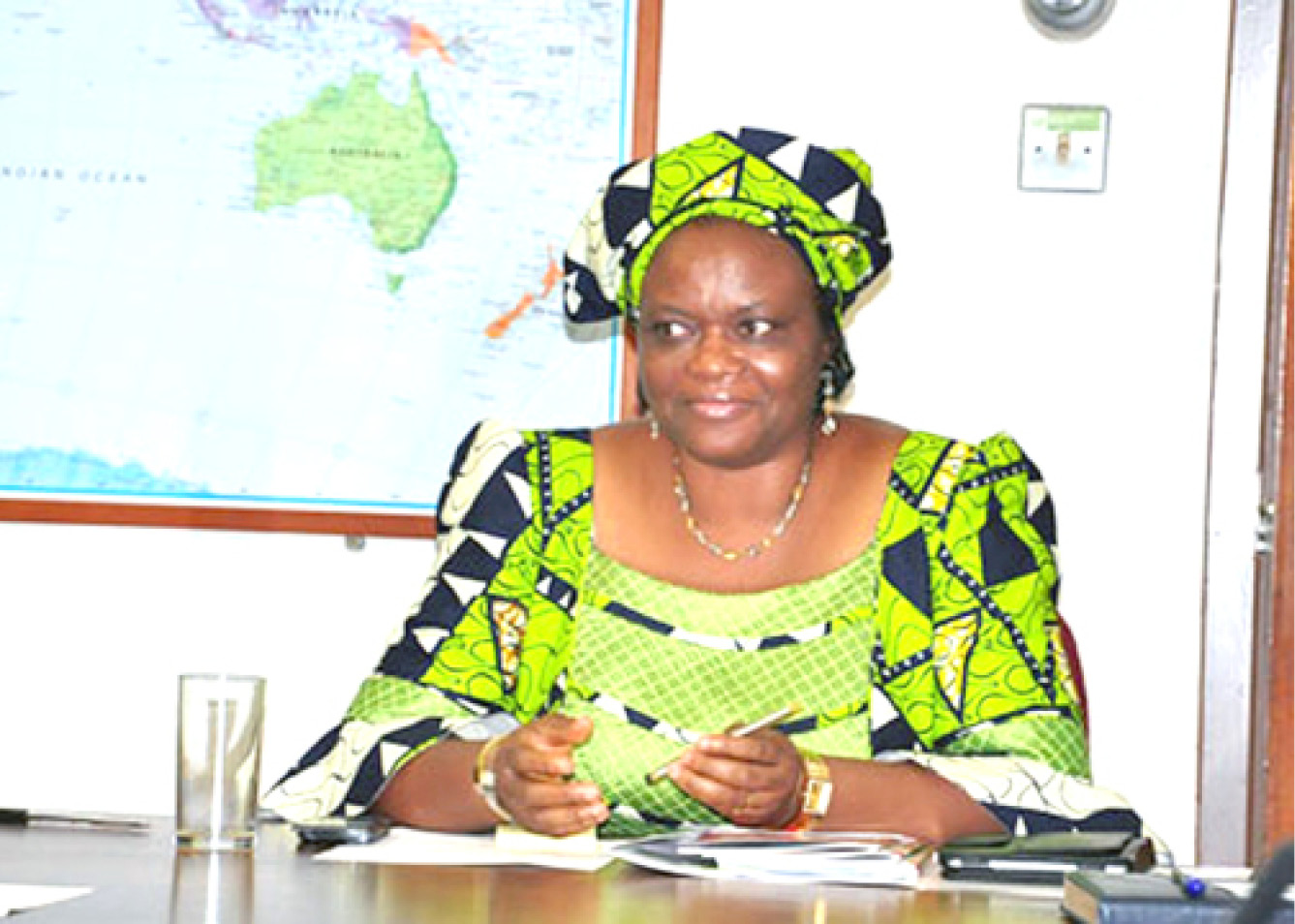Nigeria’s ranking in open defecation survey unacceptable – Odutose
The Permanent Secretary, Federal Ministry of Environment, Ibukun Odutose, has said open defecation,lackof properly designed structures built for human wastes such as toilet, remains a major environmental health problem confronting most Sub-Saharan African countries including Nigeria. Odutose who stated recently at the National Sanitation Day in Abuja, with theme ‘Stop Open Defecation for Healthy Living’, […]

Mrs Ibukun Odutose
The Permanent Secretary, Federal Ministry of Environment, Ibukun Odutose, has said open defecation,lackof properly designed structures built for human wastes such as toilet, remains a major environmental health problem confronting most Sub-Saharan African countries including Nigeria.
Odutose who stated recently at the National Sanitation Day in Abuja, with theme ‘Stop Open Defecation for Healthy Living’, said the recent global survey which identified Nigeria as the second in the world and first in Africa with highest number of people defecating in the open is unacceptable and placed a burden on them to reverse it as a matter of urgency.
She said diseases such as diarrhoea, which is the second cause of high morbidity and mortality amongst children under the age of five, recurrent outbreak of cholera, malnutrition in children and the likes were a major consequence of open defecation.
However, Odusote highlighted efforts of the ministry to promote access to hygiene, sanitary facilities in the country in complementing the efforts of the local government authorities according to the constitution.
She said they are about finalizing the process of establishing sanitation desks in the 36 states of the federation and the federal capital for environmental health and sanitation surveillance system.
“There is no sure way of enjoying tomorrow than tendering today our environment,” she said.
Also speaking, the consultant to the World Health Organization, Nigeria, Dr Edwin Isotu Edeh, said to achieve open defecation free Nigeria, there is need for Nigerians to have change of attitude.
“It is not enough to put toilets, people must make it a culture to use and maintain the toilets. Policies across sectors should systematically consider the provision and use of sanitary toilets in workplaces, schools and communities to gain health and economic benefits from environment protection,” he said.
Speaking, the ministry’s Director of Pollution Control and Environmental Health Department, Mr Charles Ikeah, said the practices of open defecation are surrounded by socio-cultural and economic factors which must be well understood from different stakeholder’s perspectives before any sanitation programme can be effective.
“However, when people have access to improved sanitary facilities, they are healthier and can also work more productively, and contribute more to society,” he said.
